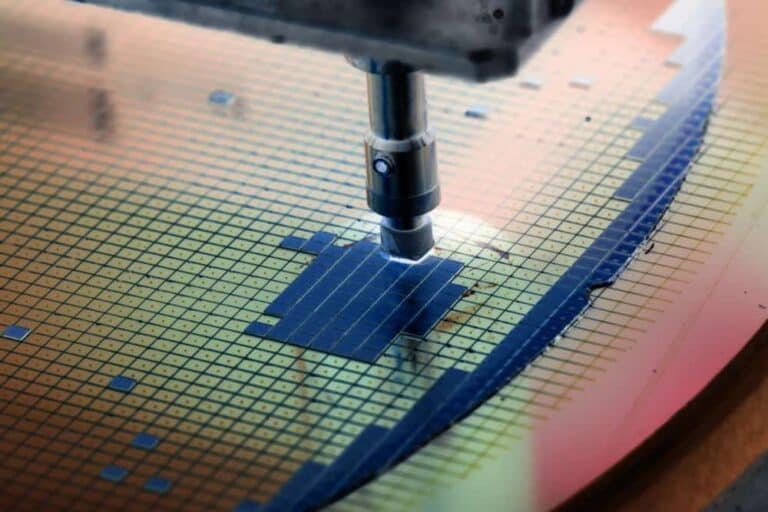Germany may provide 5 billion euros to chipmaker TSMC and partners for the construction of a factory in Dresden. The European Commission (EC) decided this in its wisdom, which has a say in this matter because of antitrust regulations as well as the Chips Act.
The coming of the factory to Dresden, capital of the German state of Saxony, involves a collaboration between Taiwanese chip powerhouse TSMC, Dutch company NXP and German companies Bosch and Infineon. The parties call the initiative the European Semiconductor Manufacturing Company (ESMC). TSMC has 70 percent ownership, while its European partners each account for 10 percent in this joint venture. The project requires 10 billion euros in total. The companies involved invest the other 5 billion needed.
Fully operational in 2029
Strict conditions apply to grant companies such a large amount of money in state aid. This initiative meets those conditions, according to the EC. It is the first of its kind –there are no factories of this calibre in Europe yet– and the construction would not be possible without subsidies. Also, it concerns an ‘open foundry’ where other parties besides the four owners may order chips.
The TSMC plant is scheduled to be fully operational by 2029. It will provide high-performance chips based on 300 mm silicon wafers using 28 and 22 nanometer processes and 16 and 12 nanometer processes. To do so, the plant uses the so-called field-effect transistor (FinFET) method. This allows for more features to be squeezed onto a single chip and promises to yield more energy-efficient chips. The plant should produce some 480,000 wafers annually, mainly for automotive and industrial applications.
The European Commission’s Chips Act aims for the EU to account for 20 percent of the global market share in chip production by 2030. The continent once provided that, but its share has since shrunk as production has shifted abroad. The three main goals of the Chips Act are building up competitive technological centers, securing a European supply of chips, and active monitoring to react in time to (geopolitical) crises.
Tip: European Chips Act gets green light, but is it too late?
Intel possibly coming to Germany
Intel also wants to build a chip factory in Germany, in the city of Magdeburg. After long negotiations with the U.S. company, the German state has pledged 10 billion euros. This comes on top of the 30 billion Intel said it was willing to spend on the project. However, this deal has not yet been approved by the EC, and it remains to be seen whether Intel, being a bit short on cash and having had to negotiate heavily with the Germans, is still keen.
The arrival of a TSMC chip factory in Europe cannot be seen apart from the tensions between Taiwan and China. The latter covets the island and would prefer to annex it. China considers Taiwan a breakaway province and regularly patrols just a little too closely in and around the island’s territorial waters and airspace, as does China in the entire surrounding area. China also periodically uses aggressive language when dealing with its little brother.
Read also: Who will turn Europe into more than a digital dependency?
